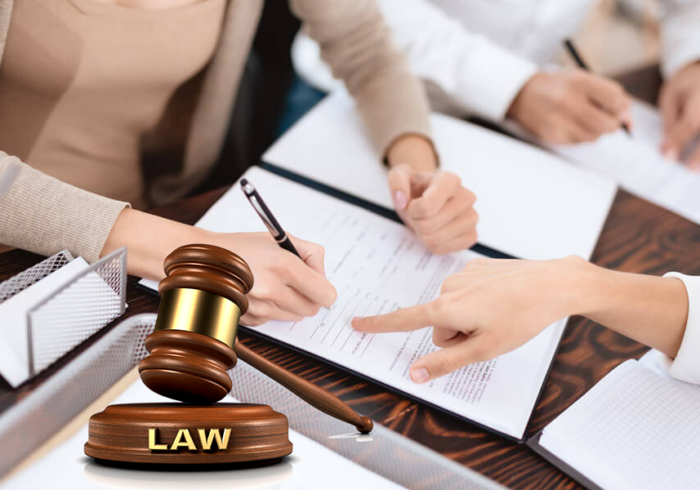If you are single and do not have children or living relatives, you probably think that estate planning does not deserve your attention. But you should know that estate planning gives you protection during your life and ensures the state does not take control over your estate when you die. There are a lot of great planning options you can consider. And a Ridgeland probate estate administration lawyer can help you explore these options.
Who Gets Your Property When You Pass Away Without a Will?
When you pass away without a way, how your property will be distributed depends on the laws of intestate succession. Under such laws, your relatives get your property and assets based on how closely related they are to you. If you do not have relatives and die intestate, the state will get all your property. To prevent this from happening, you should make a will that designates who gets your property following your passing.
Who You May Want to Get Your Estate?
In your will, you may name anyone as a beneficiary, except the lawyer who helps you draft the will. Also, you can name as many beneficiaries as you want. When you think about who might get your property and assets after you die, remember to consider items you own with sentimental value to you and other people. These include musical instruments, jewelry pieces, collectibles, and antiques with significant meanings for certain people or organizations. In addition, you should consider who gets assets such as retirement accounts and insurance policies. Your lawyer will ensure such assets properly identify their beneficiaries and divide the proceeds based on your wishes.
Other Important Estate Planning Considerations
Apart from a will, your estate plan may also include a trust that can accomplish certain goals of the division of your property following your death. Also, a good plan includes other paperwork that protects you while you are alive.
Although it may not be easy to consider what might occur when you become incapacitated or die, planning for future contingencies is an important part of estate planning. Should you become ill for a short period, certain documents in your plan make sure your financial matters and personal care are handled exactly as you wish. These documents are your durable powers of attorney, which designate people to handle your personal care and finances as well as make decisions for you when you become incapacitated. Without such documents, a court will make the necessary appointments.








